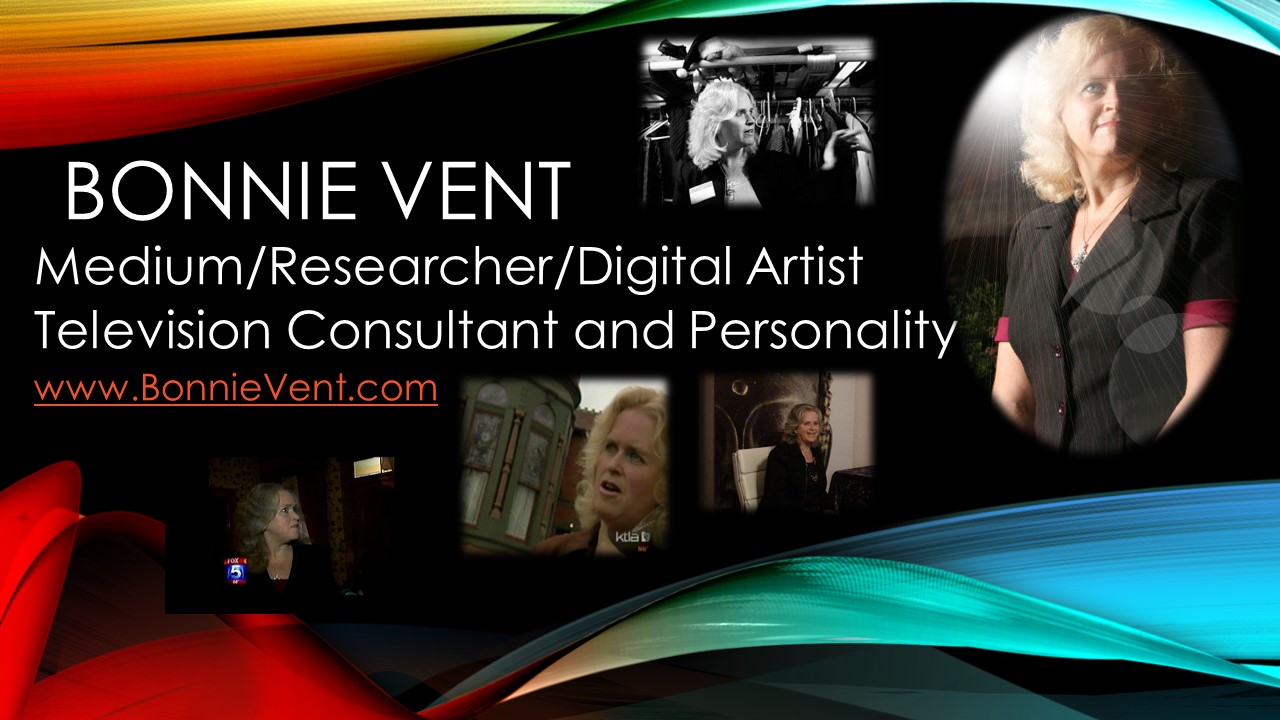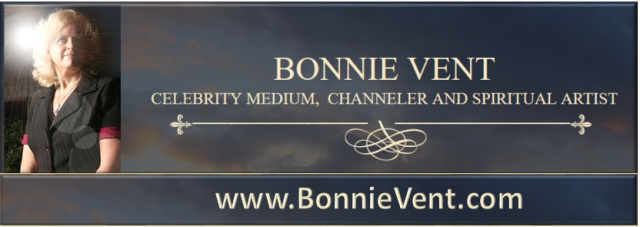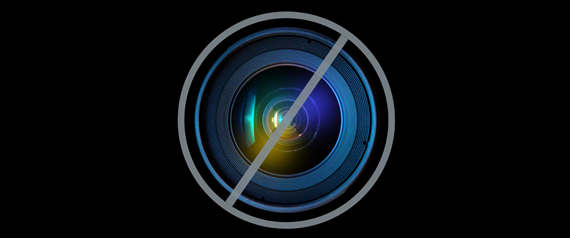LOS ANGELES -- The doctor convicted of causing Michael Jackson's death was given perks by producers of a documentary on his case, a security guard who drove the physician to-and-from court daily said Friday.
Louis Perry, head of Kadima Security Services, said producers often took Murray to booze-filled dinners at upscale restaurants, paid for a 12-seat van outfitted with cameras and may have paid for the tailored suit Murray wore on Monday when he was convicted of involuntary manslaughter.
Perry said he was never paid for his work as Murray's driver and security detail, but the physician gave him permission to talk to reporters about what he saw.
"They paid to have full access," Perry said. "They were shadowing his every move."
It remains unclear whether the perks Murray received run afoul of regulations intended to prevent convicts from profiting from their crime.
Perry said he didn't comply with a request to allow Murray to be filmed right before Monday's verdict was read, and refused to grant the filmmakers the right to use his likeness in the documentary titled "Michael Jackson and the Doctor: A Fatal Friendship." The documentary has aired in England and will premiere Friday night in the United States on MSNBC.
Perry said he couldn't estimate how much was spent on Murray during the six-week trial. He said he wasn't sure if producers paid for Murray's new wardrobe, but he was told to bring the doctor to an upscale department store where a tailor was waiting for him. The doctor received several suits, clothes and ties after that trip, he said.
He said Murray was wearing one of the suits he received after the fitting on Monday, when a seven-man, five-woman jury convicted him.
Producers took Murray to dinners at high-end Beverly Hills restaurants where they had "elaborate dinners" complete with expensive wines, champagne and tequila, Perry said.
"You can tell when somebody's owned," he said. "They owned him. It was obvious."
Murray's spokesman, Mark Fierro, said he had not seen reports on Perry's account and could not immediately comment on them.
A spokesman for MSNBC's parent company, NBCUniversal, reiterated an earlier statement that it had licensed the project from the Britain-based company Zodiak Rights and the deal included a promotional interview with Murray that has been airing on NBC's "Today."
"Neither Dr. Murray nor his legal defense were compensated in any way," the statement reads.
Zodiak Productions, which announced hours after Murray's conviction that it had sold the documentary to broadcasters in several countries, also did not return an email message seeking comment.
The man paying the bills was Leon Lecash, a British producer whose company – which is named what's it all about? productions – secured rights to Murray's story before he was charged with Jackson's death in February 2010, Perry said.
Lecash wrote in an email to the Los Angeles Times, which first reported Perry's account, that transportation and meal expenses were "legitimate location production costs." A spokesman for October Films, which was working with Lecash on the project, declined further comment in an email
In the United States, networks and some tabloid outlets have long paid for images or other media that give them some access to newsmakers. ABC News paid $200,000 toward the defense of Casey Anthony, a Florida mother acquitted earlier this year of killing her daughter.
Bryce Nelson, a longtime journalist and professor at USC Annenberg School for Communication & Journalism, said that entertainment outlets that pay sources have put pressure on news divisions to also pay newsmakers.
"It is becoming more common, but that doesn't mean it's right," Nelson said. "You shouldn't buy news and that's what MSNBC seems to be doing."
He said in situations where money is paid toward getting access to those convicted of a crime could be seen as sanctioning the crime, or lead to other improper practices. "Where does this stop?" Nelson asked. "Do you give money to terrorists if they tell their story?"
Murray also grew to have misgivings about the documentary project, Perry said. He recalled the doctor telling him, "'I can't wait until this is over. I'm tired of having these people around all the time.'"
He said he was sometimes told to turn on the cameras in the van that ushered Murray, his family and others during lunch break throughout the trial. It was the one expense Perry says he can account for – the van cost more than $3300 to rent for the duration of the trial.
The Houston-based cardiologist criticizes Jackson in the documentary, which aired in England with the title, "The Man Who Killed Michael Jackson."
"I went there to take care of a healthy man, who said he was fine, to just keep surveillance in case my kids get sick or I get the flu, help us to choose right, better foods, and wash our hands so we don't get infected," Murray said in the film. "But once I got in there I was entrapped."
Perry said he feels sorry for Murray.
"I feel very bad for him," Perry said. "I think he was a good man that was preyed upon by people that felt his guard was down. I feel he was led to make some decisions that caused him to be where he is today."
Murray faces up to four years behind bars when he is sentenced on Nov. 29. He also faces a litany of legal woes, including a wrongful death lawsuit filed by Jackson's father and the loss of his medical license in three states.




By ANTHONY McCARTNEY 11/11/11 07:28 PM ET Associated Press